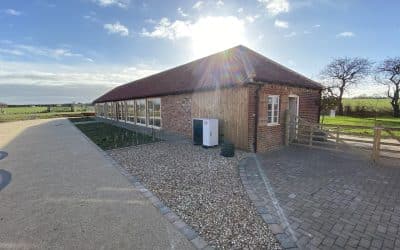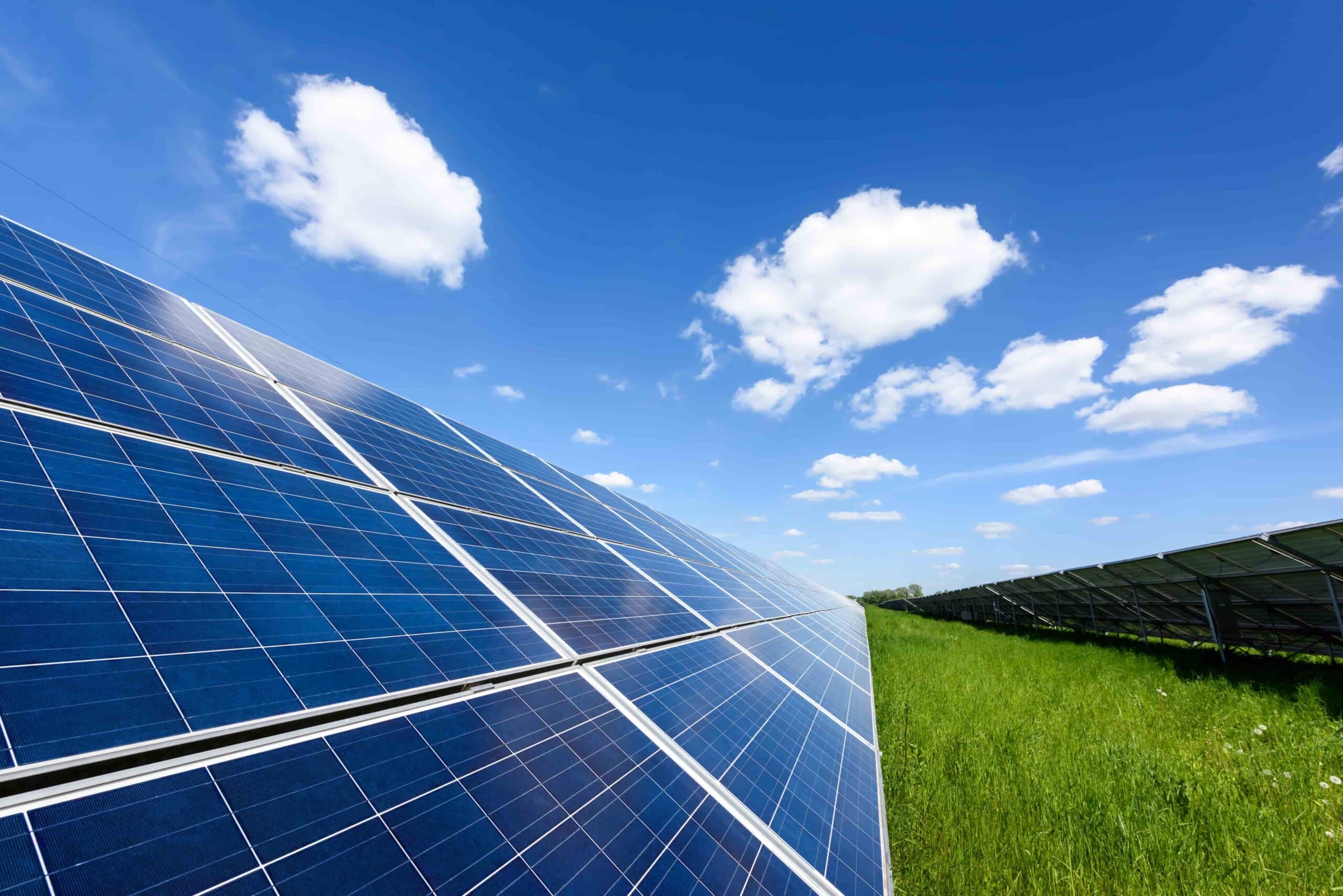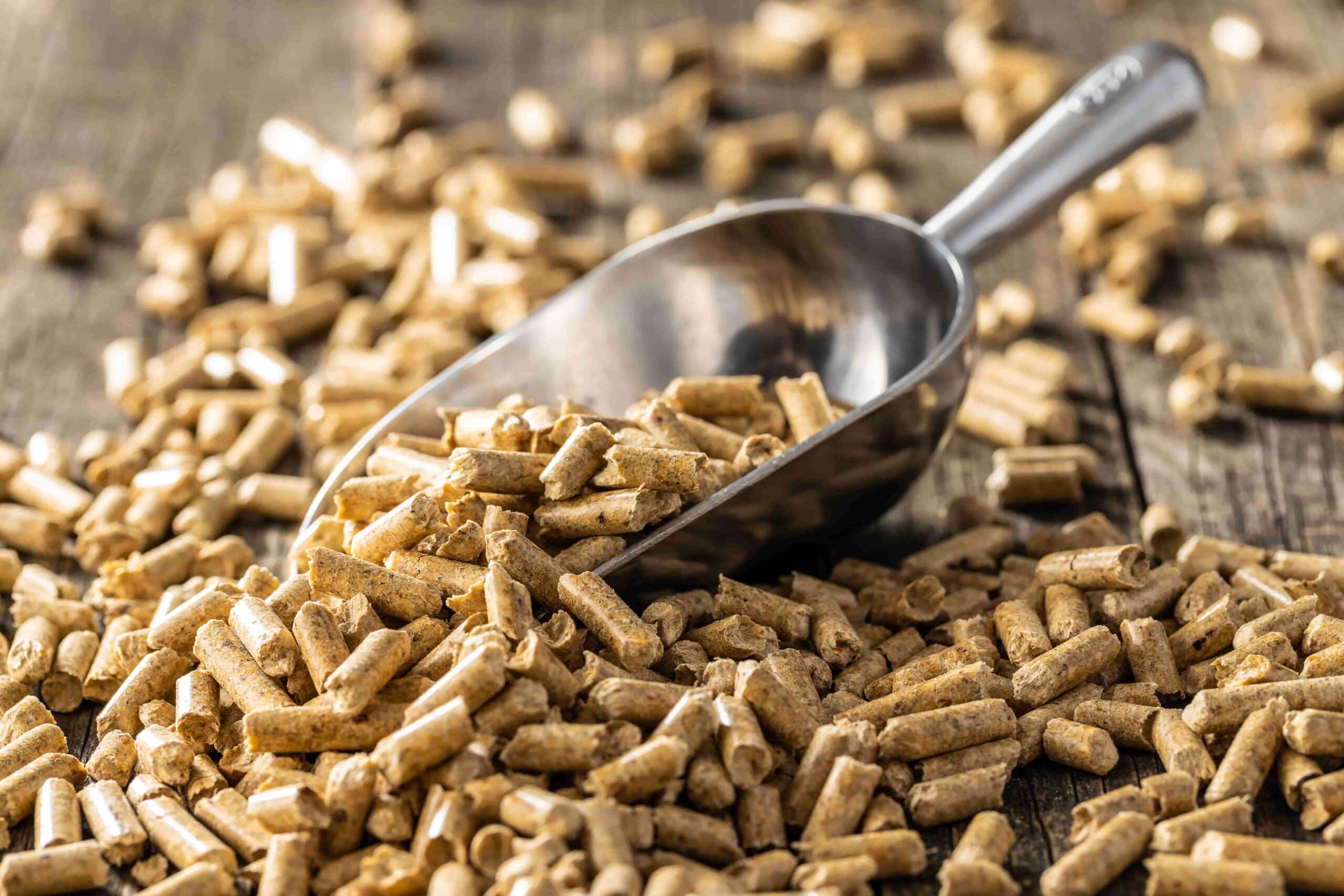If you are considering installing a renewable heating solution, you’d probably wonder how are biomass boilers eco-friendly? As leading professionals in the renewable heating industry, we can tell you that a biomass boiler should not be overlooked. Thanks to its sustainability and efficiency, it’s a top contender that’s right up there with air and ground source heat pumps.
With an extensive range of models available, biomass boilers more than meet the renewable heating requirements of both domestic and commercial properties. What’s more, you can also integrate it with the existing heating system installed in your home.
Although biomass boilers have a fantastic reputation, many people are not entirely convinced of their green reputation. There is confusion around its viability as an ideal solution for heating homes and commercial buildings which brings us back to the question – how are biomass boilers eco-friendly?
At JL Phillips, we will explore why installing this green heating system is an ecologically-sound solution that everyone can benefit from!
Let’s take a look!
It is a Renewable Source of Energy
As the name suggests, biomass is a renewable resource. Trees are used to acquire wood fuel and they are replanted to secure a continuous, reliable and sustainable supply of biofuel. There is zero involvement of fossil fuels in the process which instantly green lights the entire process.
Many people have reservations about cutting down trees to provide fuel to heat homes and businesses. Initially, this may not seem ideal as it doesn’t come across as an eco-friendly practice. However, much of the wood chopped is grown sustainably and is managed by farmers who grow trees and other substitute crops exclusively to produce the fuel required to operate biomass boilers.
The extent of fuel produced is enough to manage the demands of the particular estate or property, which means there’s no over or underproduction. A large quantity of fuel for biomass also comes from recycled or reclaimed wood and other waste materials from plants that would otherwise be discarded.
It is Carbon Neutral
If you are trying to reduce your carbon footprint either commercially or domestically, your biomass boiler installation could be an excellent way to realise your green goals. Biomass is carbon-neutral as the amount of CO2 released by burning biomass is absorbed by growing plants and other biofuels that are to be used by the boiler eventually over a period of time. The bottom line – it’s a happy cycle!
By participating in this cycle, you not only reduce your CO2 emissions but also become recognised as a green entity. It’s never too late to be environmentally-conscious and with a biomass boiler installed, you will be closer than ever to achieving your sustainability goals.
It Gives Your Local Economy a Boost
Do your bit for the environment locally and by extension, globally as you work towards uplifting the local economy. As an increasing number of people and businesses install biomass boilers and other green heating technologies, the demand for wood pellets, logs and chips has increased substantially. This means that the planting of more trees is required, which in turn helps create new jobs and income streams for local residents.
If the wood is sourced locally, the emissions caused by transporting the wood fuel can be regulated and kept to a minimum. Some fuel silos have the capacity to hold a year’s worth of fuel which means that these deliveries will not be very frequent.
When biofuels are cultivated locally, there is an assurance that they are sourced and produced sustainably, mitigating any untoward costs to the environment because of your biomass system.
It Helps Reduce Landfill
If you are still not convinced as to why and how are biomass boilers eco-friendly, then you should know that they can help you reduce the amount of waste you produce. You can prevent waste wood from being dumped in the landfill by using it as a fuel for your biomass boiler. This way, you are closing the loop and reducing the amount of waste that would otherwise be destined to land in the dump.
If you use wood in your business in any capacity, the waste accrued could be used as fuel in your biomass boiler installation. Take control of the waste your business and estate produces and put it to good use as you produce clean energy.
It Produces Ash Waste
Biomass boilers produce ash as they burn wood and other biofuels. The ash produced is a compostable component that horticulturists love for gardening and other cultivation projects. Alternatively, since it’s a natural byproduct, there’s no harm in simply discarding the ash produced in the landfill.
Call JL Phillips for Renewable Heating Installations
Green heating equipment works best when they are regularly serviced and maintained by heat pump specialists. At JL Phillips, our proficient team of air and ground source heat pump installers offer end to end heating services, so get your free quick quote today!
With biomass boilers installed you can earn financial rewards under the RHI and upcoming Green Homes Grant Scheme.
Give us a call to be more eco-friendly with your choice of heating.





